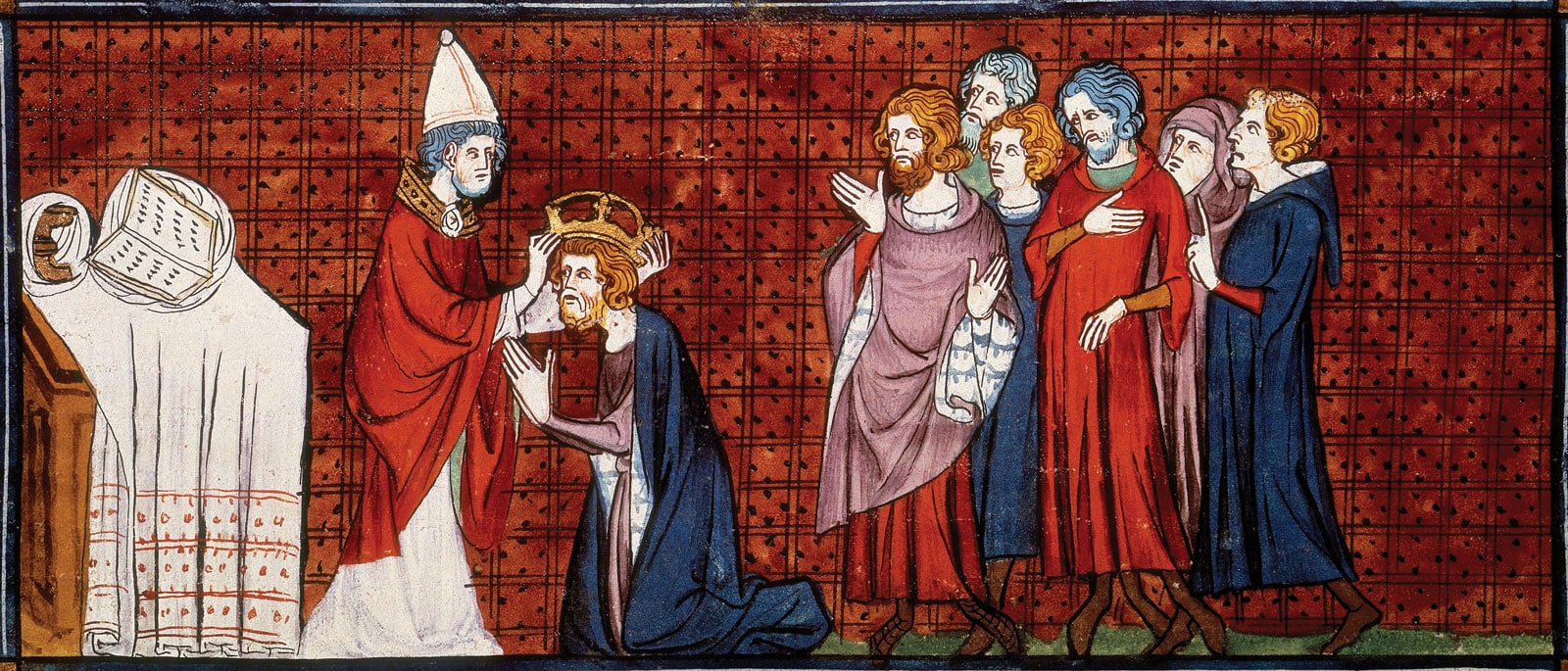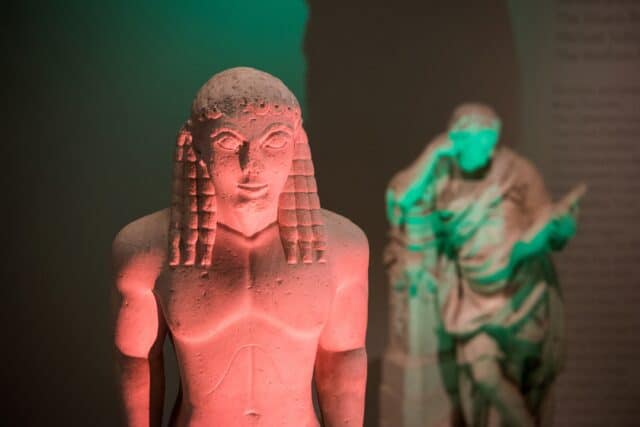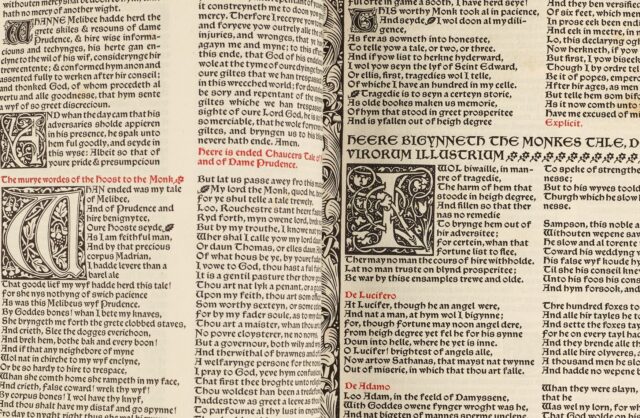Course overview
BA History
BA Ancient and Modern History
BA History and Economics
BA History and Modern Languages
BA History and Politics
Typical intake: 9
Oxford’s History course provides a distinctive education by developing an awareness of the differing political, cultural, social and economic structures within past societies and how they interrelate.
A large part of tuition is provided by the tutors inside the College but undergraduates will have the opportunity of working with tutors in other colleges from their first year when they are working on their Optional Subjects, General History, and Further and Special Subjects, in the selection of which they are given the widest choice. The tutors normally organise a field trip for Historians in their second year as a part of the course. Grants are available for those wishing to travel abroad in the vacations and to attend language courses.
Tutors

Harry Pitt Fellow & Tutor in Modern History and Senior Treasurer of Amalgamated Clubs
Professor Bob Harris
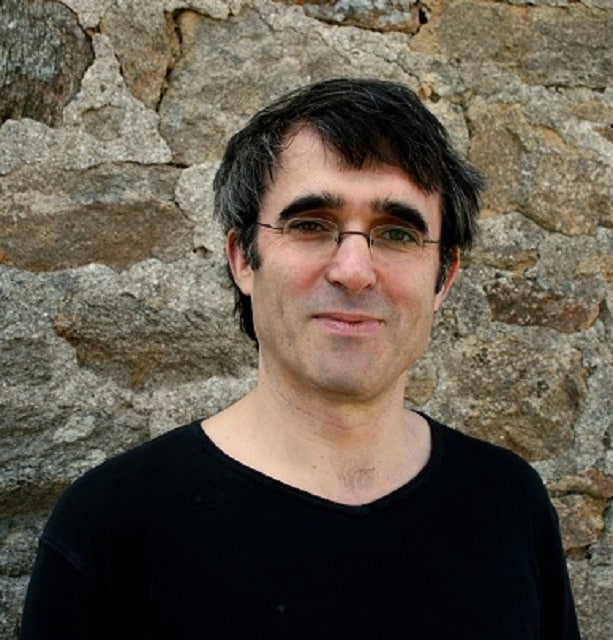
Lightbody Fellow & Tutor in History and Student Financial Aid Officer
Dr Conrad Leyser
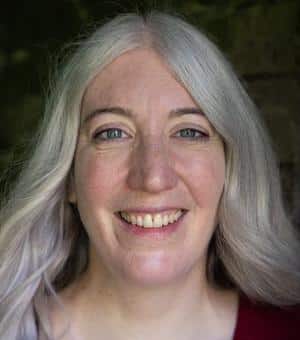
Emeritus Fellow
Professor Josephine Crawley Quinn
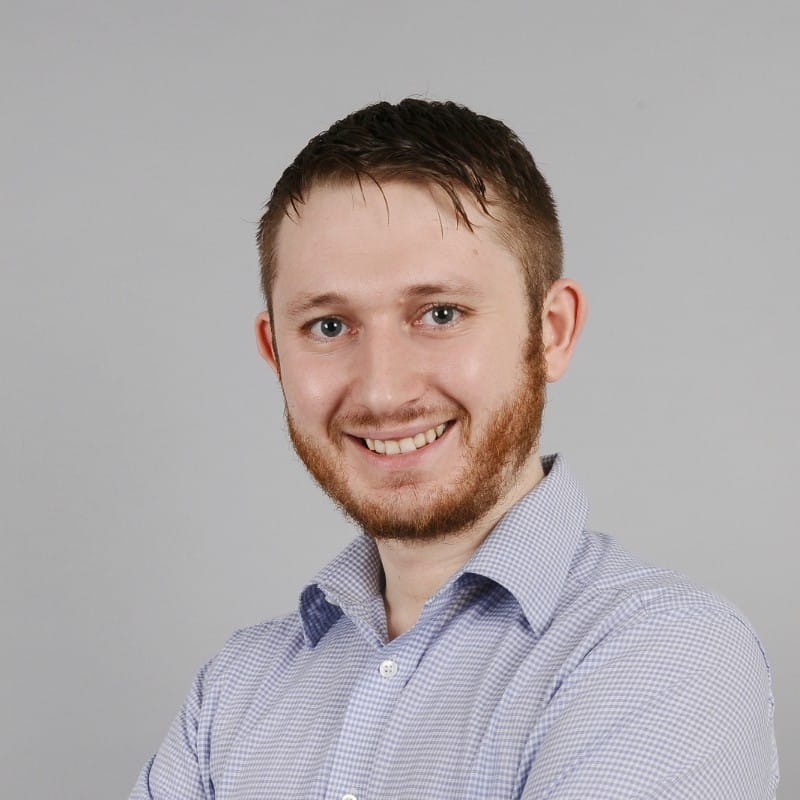
College Lecturer in Roman History
Dr Michael Economou
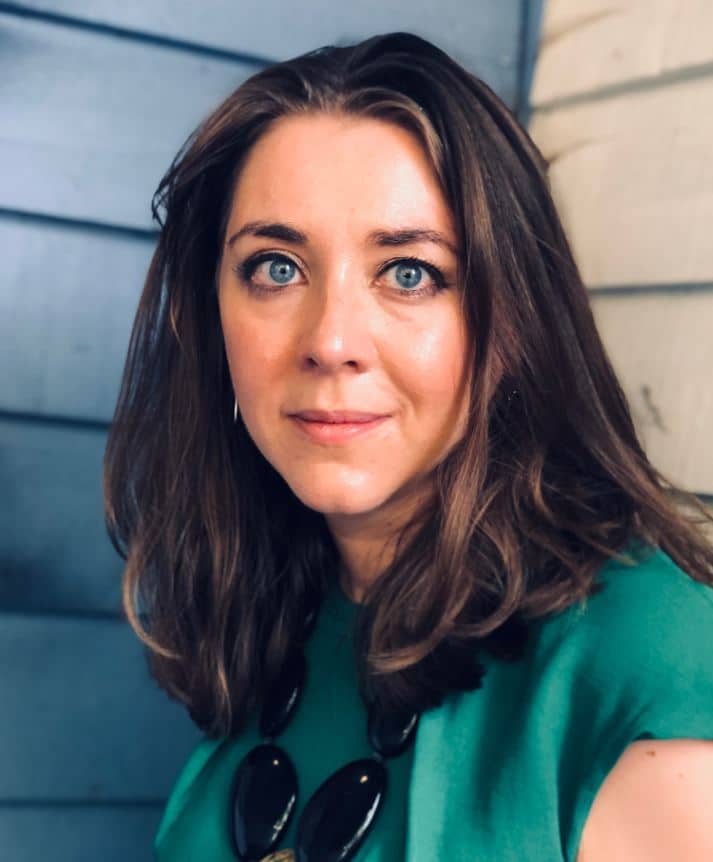
College Lecturer in History
Dr Alexandra Gajda
Applying
The History tutors welcome applications both before and after A-level. Applicants to read History need not have studied any particular period of history. We are seeking candidates who show an enthusiasm for their subject, who can analyse their material intelligently, argue cogently and clearly, and can write lucidly and succinctly. Although there is no language requirement, tutors are keen to encourage historians to acquire or maintain a good working knowledge of at least one modern or ancient language and every assistance will be given to those wishing to work up or improve their language abilities.









